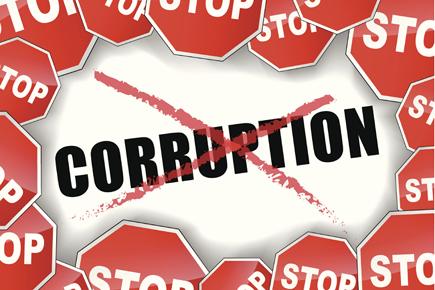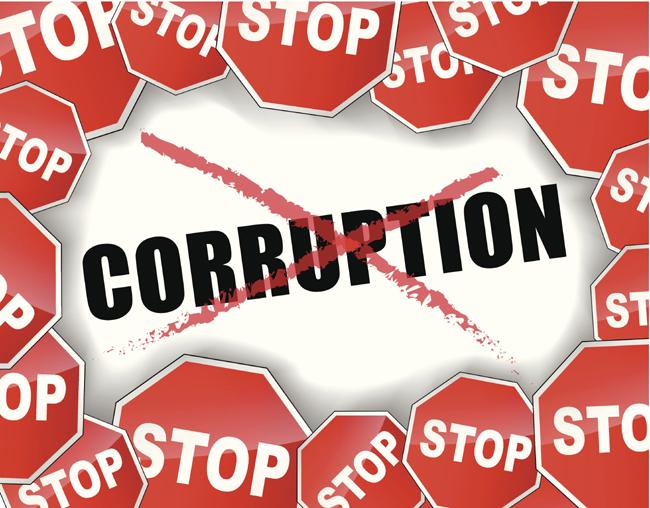Chief Justice R.M. Lodha Saturday said that the independence of the judiciary is not negotiable and any attempt to tinker with it will not succeed, adding that to strengthen the rule of law the judiciary will have to ensure that it was completely corruption-free

Corruption
New Delhi: Chief Justice R.M. Lodha Saturday said that the independence of the judiciary is not negotiable and any attempt to tinker with it will not succeed, adding that to strengthen the rule of law the judiciary will have to ensure that it was completely corruption-free.
ADVERTISEMENT
He made these observations at the Rule of Law Convention, 2014 organised by the Bar Association of India in the national capital here.

Representational picture
He said: "The independence of the judiciary is not negotiable. I can say with confidence that judicial independence has come to stay and no effort will succeed in taking it away."
"By and large, people understand that judicial independence is something which cannot be touched," said Chief Justice Lodha in his inaugural address.
"When economy grows, industry grows and also grows corruption. It is very, very important that judiciary is corruption free... it is a worst form of ailment for a thriving democracy," he said while exhorting the legal fraternity to guard against any attempt to corrupt the judiciary.
The chief justice said that "judicial independence gives confidence to the people that there is an independent judiciary that will come to their rescue if any wrong is done to them by the executive or others."
He said that the appointment of judges for the higher judiciary should be in a transparent manner.
He referred to the discussions he had with the heads of the legal system in Britain about the working of the Judicial Appointments Commission which is headed by a person of non-judicial background.
Chief Justice Lodha said that despite some initial difficulties, the system, introduced in Britain five years back, was working and he was told that there was no decline in the quality of judges.
They (British) said that there was no change in the quality of judges and (they) said that "they have achieved transparency (in the appointment of judges at all levels) and that is important."
Law and Justice Minister Ravi Shankar Prasad said: "The government has highest regard for the judiciary. The independence of judiciary is sacred and sacrosanct for the government. When I say so, I say it with deep sense of commitment and conviction."
In his welcome address, Attorney General Mukul Rohatgi said that the rule of law is the spine of democracy and with that goes the independence of judiciary, rule of law, the enforcement of fundamental rights and the respect of every organ of the state, including respect for each organ's domain.
Rohatgi said that unless litigation is reduced drastically, rule of law will suffer as the mounting litigation will affect the expeditious disposal of cases.
"Problem seems to be with the mindset in bureaucracy that the thing should be left to the court. The idea is to pass the buck to the law officer or the court," he said, deriding the escapist mindset of officialdom.
Senior counsel and Bar Association of India president Anil B. Divan urged the legal fraternity to uphold the sanctity of constitutional functionaries like Comptroller and Attorney General (CAG), Election Commission and others.
Referring to the CAG expose of irregularities in the allocation of 2G licences and spectrum, Divan said that a "CAG report, a PIL and its judicial determination enriched the public exchequer by Rs.40,000 crore" when the cancelled licences were auctioned.
"The legal fraternity is under obligation to protect these institutions from assault (from political quarters) and uphold their sanctity", Divan said.
 Subscribe today by clicking the link and stay updated with the latest news!" Click here!
Subscribe today by clicking the link and stay updated with the latest news!" Click here!






